
The Psychedelic Debut of Jimi Hendrix
When Jimi Hendrix’s debut album, Are You Experienced? was released in 1967, it turned the music world upside down. With its crackling feedback and ground-breaking guitar playing, Are You Experienced?fused […]
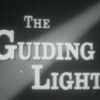 play_arrow
play_arrow
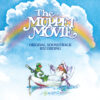 play_arrow
play_arrow
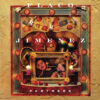 play_arrow
play_arrow
The Sounds of America: Flaco Jiménez’s Partners album BMPAudio
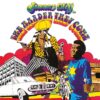 play_arrow
play_arrow
The Sounds of America: The Harder They Come Soundtrack BMPAudio
 play_arrow
play_arrow
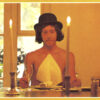 play_arrow
play_arrow
 play_arrow
play_arrow
 play_arrow
play_arrow
 play_arrow
play_arrow
 play_arrow
play_arrow
Science Of Happiness 76: If You Want to Be More Productive, Cut Yourself Some Slack BMPAudio
 play_arrow
play_arrow
 play_arrow
play_arrow
 play_arrow
play_arrow
Science of Happiness 73: How to Switch Off Your Critics BMPAudio
 play_arrow
play_arrow
 play_arrow
play_arrow
Science of Happiness 72: How To Reconnect With Your Partner BMPAudio
 play_arrow
play_arrow
The Science of Happiness 71: Do You Want To Be More Patient? BMPAudio
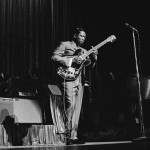 play_arrow
play_arrow
Red, White and the Blues BMPAudio
 play_arrow
play_arrow
The Science Of Happiness 70: How To Love People You Don’t Like BMPAudio
 play_arrow
play_arrow
The Science of Happiness 69: What’s Your “Why” In Life? BMPAudio
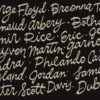 play_arrow
play_arrow
The Science of Happiness 68: From Othering to Belonging BMPAudio
 play_arrow
play_arrow
The Science of Happiness 67: Taking Small Steps toward Big Goals BMPAudio
 play_arrow
play_arrow
1A Memorial Day Special BMPAudio
 play_arrow
play_arrow
The Science of Happiness 66: How to Connect When You Must Stay Apart BMPAudio
 play_arrow
play_arrow
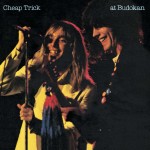 play_arrow
play_arrow
 play_arrow
play_arrow
The Science of Happiness 64: Helping Kids Think About the Good BMPAudio
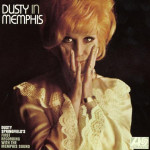 play_arrow
play_arrow
 play_arrow
play_arrow
The Science of Happiness 63: Remembering to Breathe BMPAudio
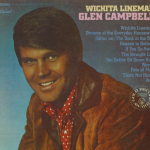 play_arrow
play_arrow
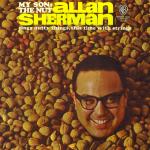 play_arrow
play_arrow
The Sounds of America: “Hello Muddah, Hello Fadduh” BMPAudio
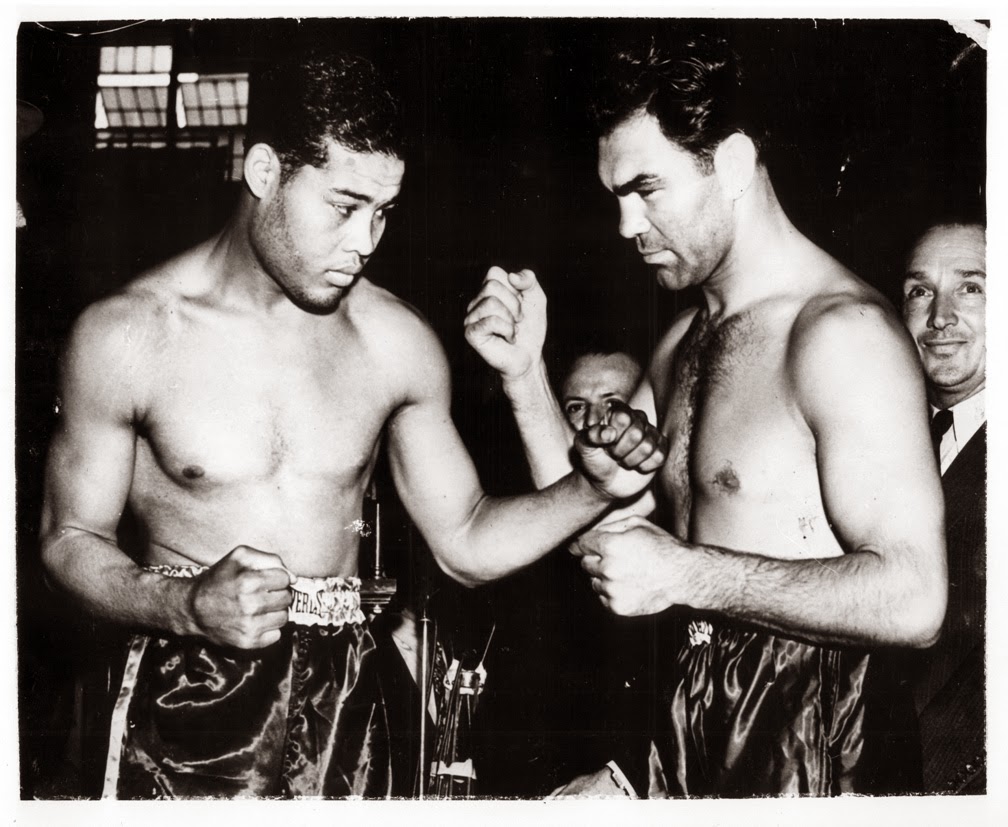
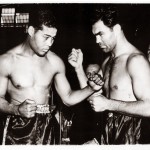 play_arrow
play_arrow
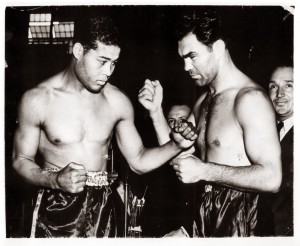 The 1938 boxing rematch between American Joe Louis and German Max Schmeling is believed to have had the largest audience in history for a single radio broadcast. In 2005, the Library of Congress selected it for the National Recording Registry.
The 1938 boxing rematch between American Joe Louis and German Max Schmeling is believed to have had the largest audience in history for a single radio broadcast. In 2005, the Library of Congress selected it for the National Recording Registry.
NBC radio announcer Clem McCarthy delivered the blow-by-blow account of the fight, which lasted just two minutes and four seconds. But it was a historic milestone — one that an estimated 70 million people listened to on their radios.
In the last of a five-part series produced by independent producer Ben Manilla and Media Mechanics, Weekend All Things Considered looks at recordings recently selected for the Library of Congress’ prestigious honor.
The fight was a rematch of a 1936 bout in which Schmeling defeated Louis, who had never before been beaten.
After that upset, says sportswriter Patrick Myler, “Schmeling was feted in Germany, especially by the Nazis. You know, they trumpeted him as the perfect specimen of the Arian superiority — beating the black American, of course — and he was the Nazi hero.”
The broadcast of the second fight, and other sounds of American history, are being preserved by the National Recording Registry. The group identifies 50 recordings to be placed in its care each year.
“There are some events and some broadcasts, some sporting activities, that reach out to millions of people and touch them in a very deep way and express a lot of their deepest cultural, racial, political hopes and aspirations,” historian Lewis Erenberg says. “And this is one of those events, and we have it preserved here and I think that’s a wonderful thing.”
As Joe Louis Barrow, the son of Joe Louis, says, “In those days, the most powerful individual in the world was the heavyweight boxing champion of the world…. When the heavyweight championship was fought, millions upon millions upon millions of people listened simultaneously by their radios all across the world.”
And this match, coming just months after Adolf Hitler’s army marched into Austria, meant even more.
“It had tremendous political implications in the battle of democracy against fascism,” says Erenberg. “And it had tremendous implications about race and racial ideology.”
Tagged as: Joe Louis Barrow, Lewis Erenberg, Patrick Myler.

BMPAudio November 20, 2006
When Jimi Hendrix’s debut album, Are You Experienced? was released in 1967, it turned the music world upside down. With its crackling feedback and ground-breaking guitar playing, Are You Experienced?fused […]
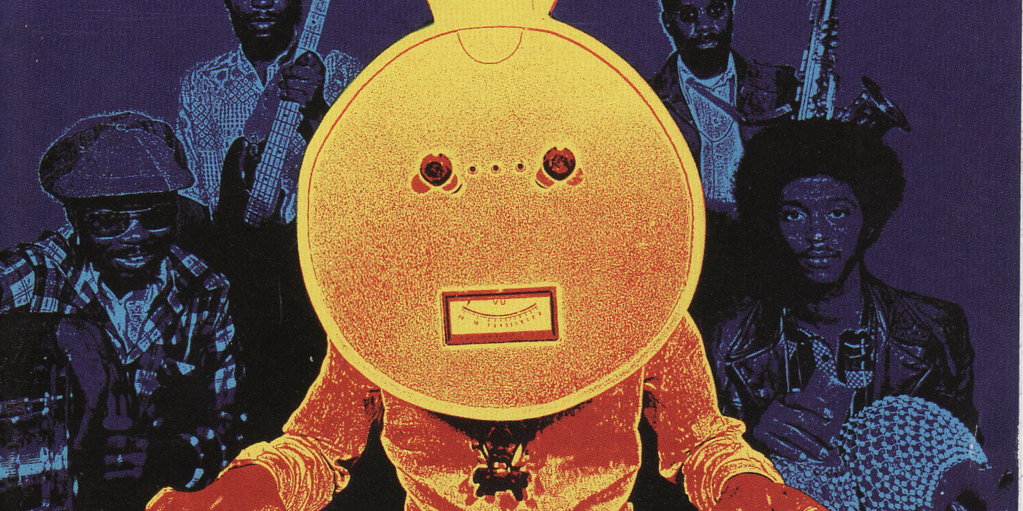

Whether a syndicated national radio series, podcast, documentary or audiobook, BMP Audio creates imaginative, sophisticated and effective sound tracks for your ideas. Our fully digital production facilities assure the highest level of audio fidelity. The world’s top broadcast companies know this – and that’s why they choose BMP Audio.